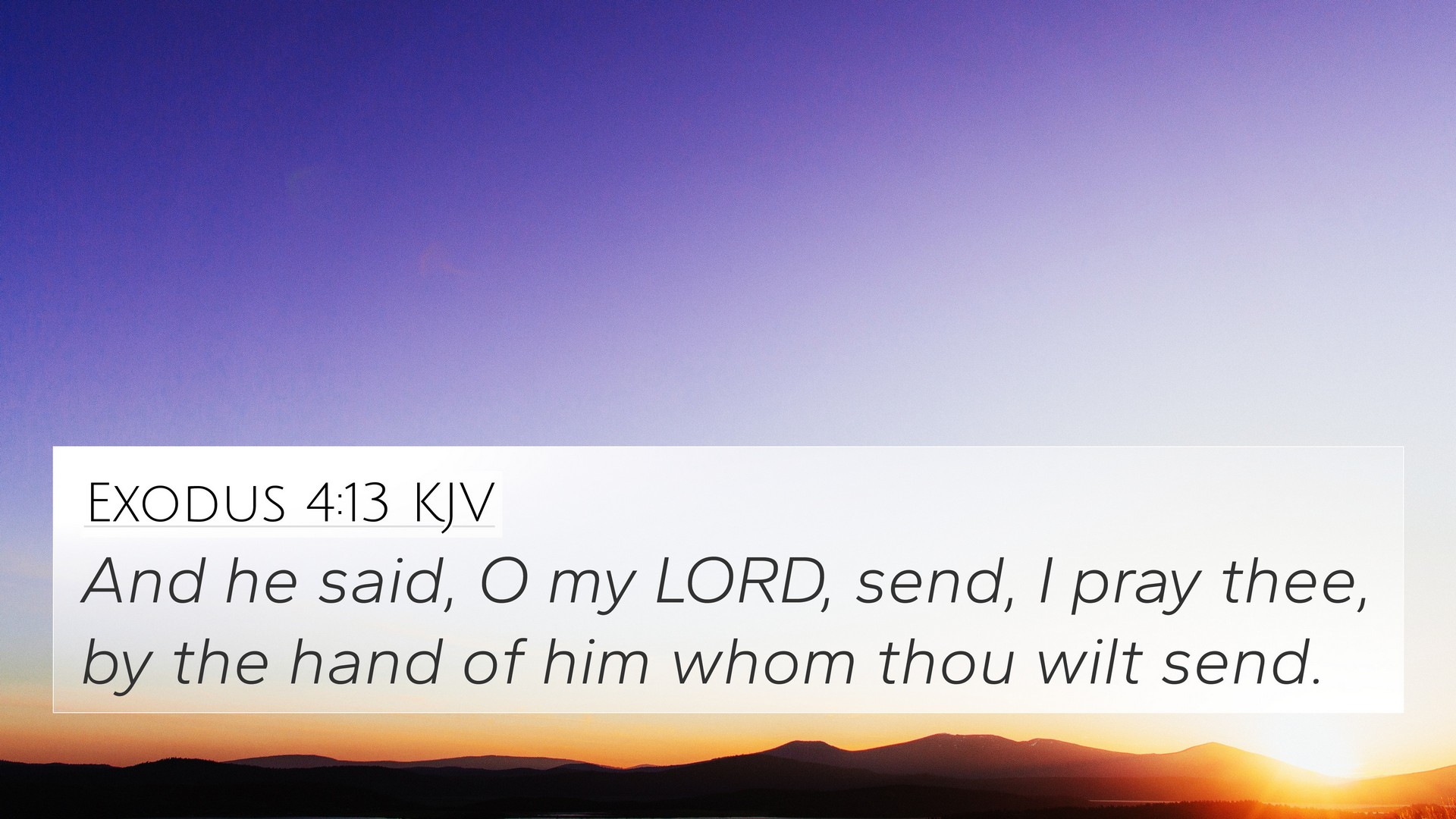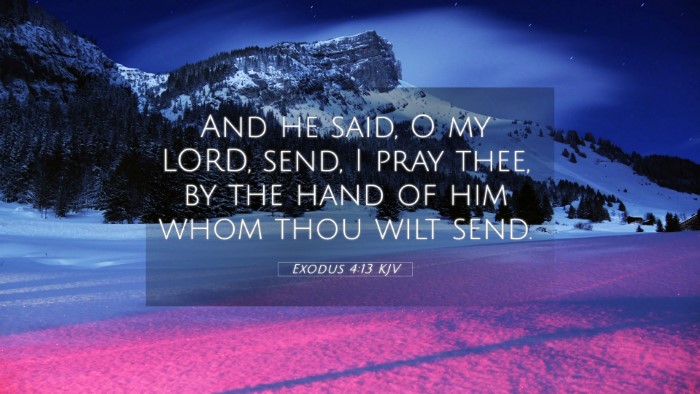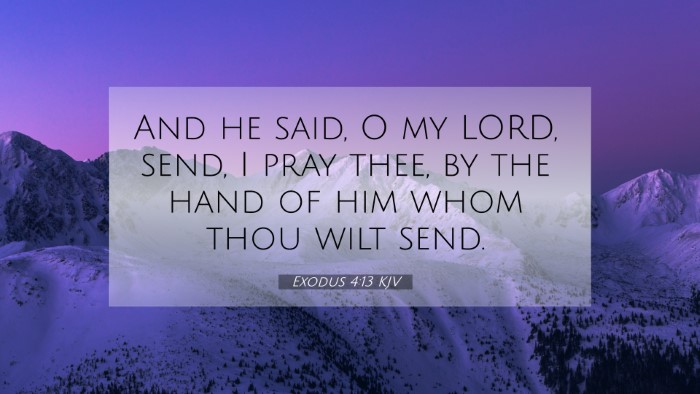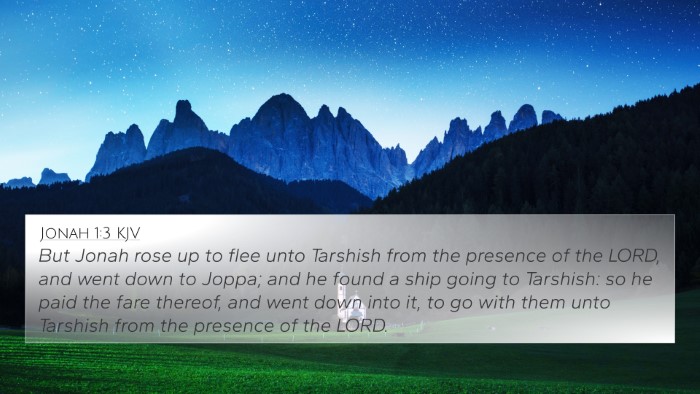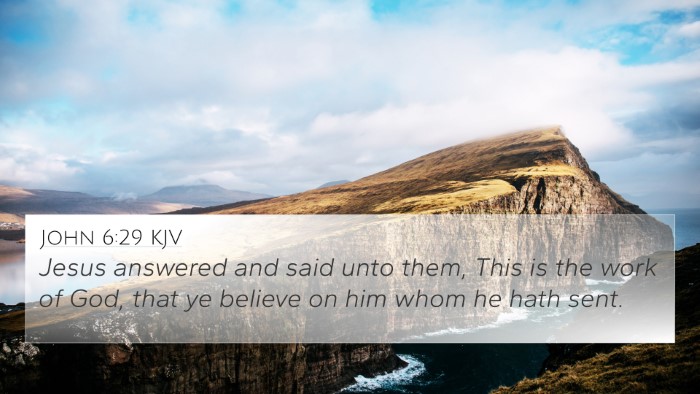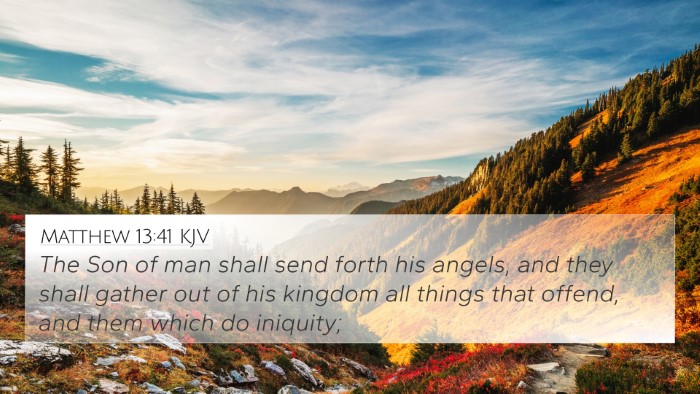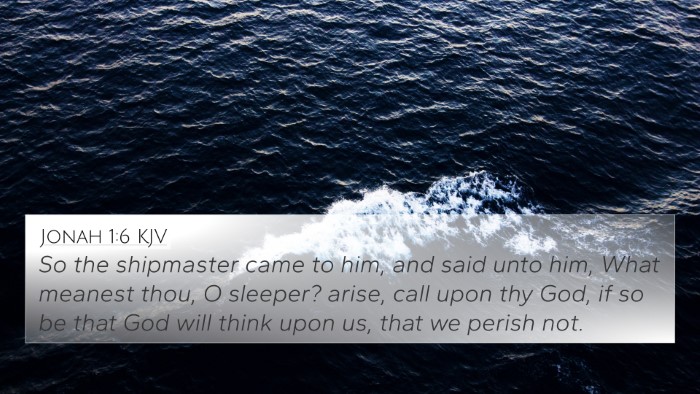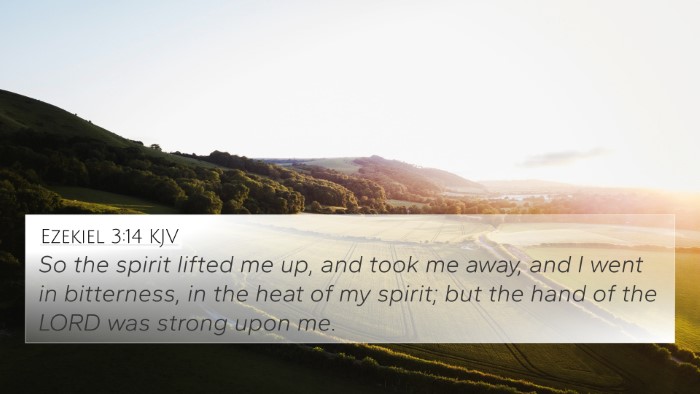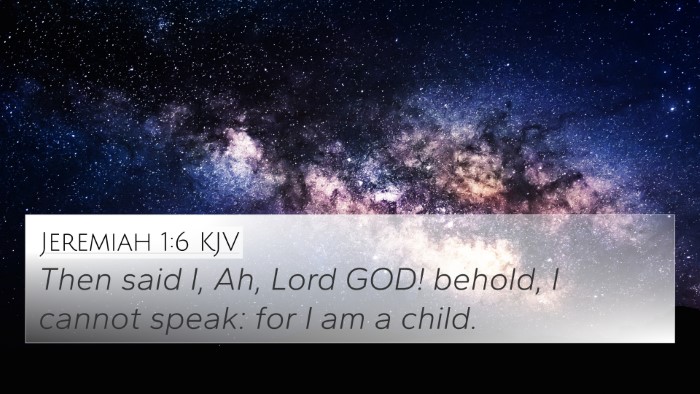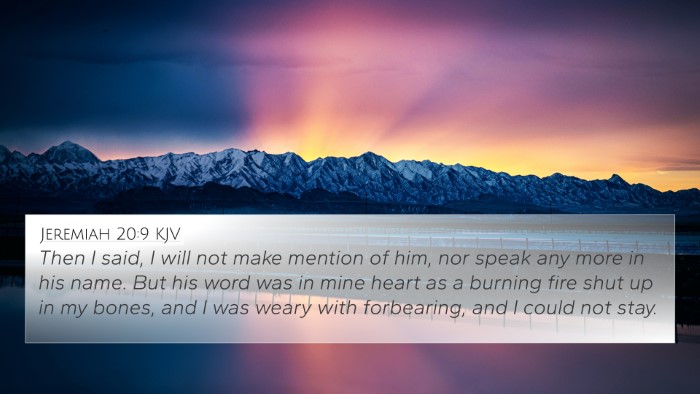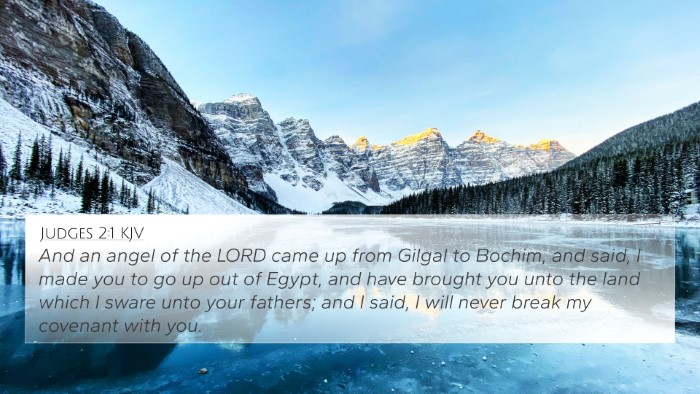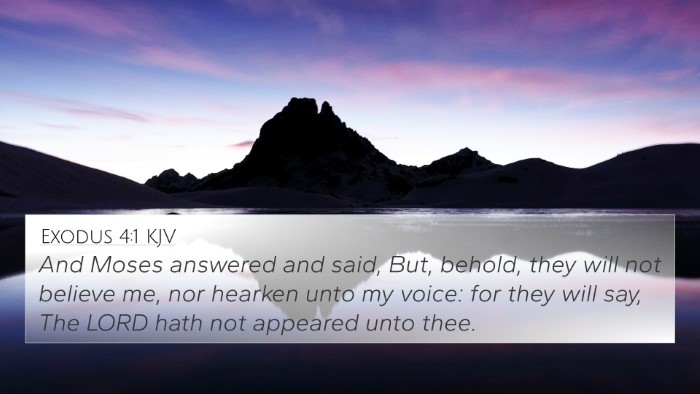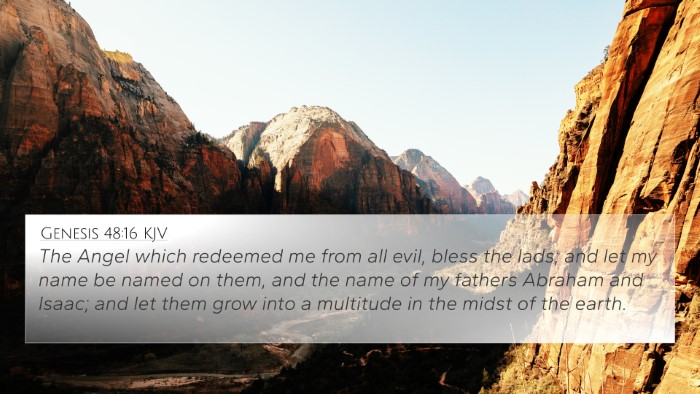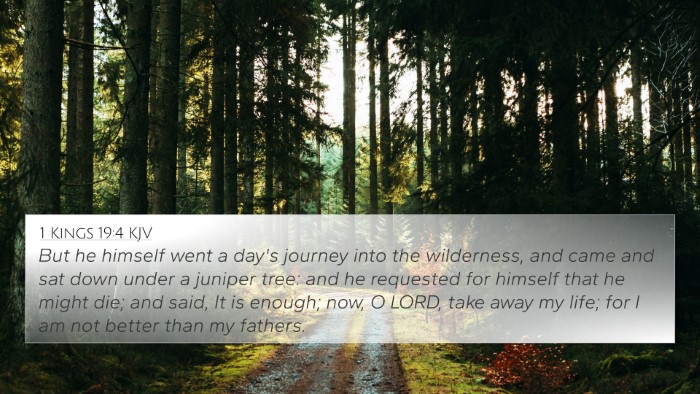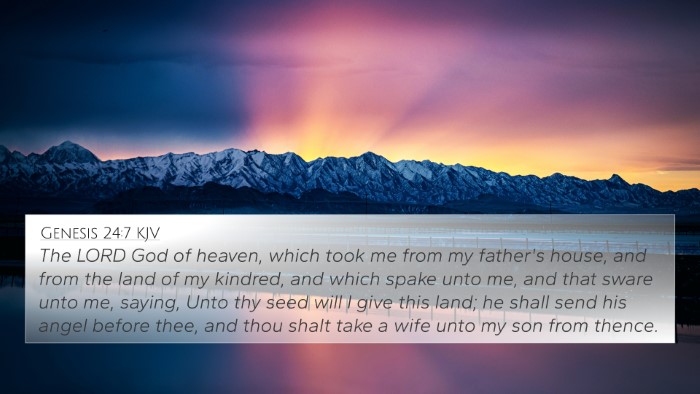Understanding Exodus 4:13
Exodus 4:13 states: "But he said, O my Lord, send, I pray thee, by the hand of him whom thou wilt send." This verse captures the hesitance and plea of Moses as he responds to God's call to lead the Israelites out of Egypt. The context provides a rich ground for understanding Moses’ reluctance and the nature of divine calling.
Context and Background
This passage occurs during a pivotal moment where God commissions Moses to return to Egypt and liberate the Hebrew slaves. Despite witnessing God's power through signs, Moses struggles with self-doubt and insists on his inadequacy, showing a human reaction to divine tasks.
Commentary Insights
- Matthew Henry's Commentary: Henry emphasizes Moses' reluctance stemming from humility. He portrays Moses as a servant acknowledging his limitations, preferring that God choose someone else more qualified. This reflects a common theme of divine selection leading to human reluctance.
- Albert Barnes' Notes: Barnes points out that Moses' request for God to send someone else highlights a deeper question about God’s methods and choosing leaders. He notes that Moses is not refusing God's call outright but is expressing his fear and uncertainty, showcasing that even the greatest leaders often have doubts.
- Adam Clarke's Commentary: Clarke examines the phrase "send, I pray thee, by the hand of him whom thou wilt send," suggesting a recognition of God's sovereignty and wisdom in leadership selection. Clarke interprets Moses’ request as an expression of desire for a more competent messenger, indicating his lack of confidence.
Bible Verse Cross-References
The verse connects with various other scriptures that illustrate similar themes of divine calling, reluctance, and leadership. Here are some relevant Bible verse cross-references:
- Jeremiah 1:6: "Then said I, Ah, Lord God! behold, I cannot speak: for I am a child."
- Isaiah 6:5: "Then said I, Woe is me! for I am undone; because I am a man of unclean lips."
- Judges 6:15: "And he said unto him, Oh my Lord, wherewith shall I save Israel? behold, my family is poor in Manasseh."
- Exodus 3:11: "And Moses said unto God, Who am I, that I should go unto Pharaoh?"
- 1 Samuel 10:22: "Therefore they inquired of the Lord further, if the man should yet come thither. And the Lord answered, Behold, he hath hid himself among the stuff."
- Matthew 28:19: "Go ye therefore, and teach all nations..." - parallels the call to lead.
- Acts 7:34: "I have seen, I have seen the affliction of my people which is in Egypt..." - echoing God's awareness of suffering.
Connections Between Bible Verses
The hesitance expressed by Moses is mirrored in various scriptures where God calls individuals for significant tasks, demonstrating that doubts are a shared human experience:
- Theme of humility in leadership is present across several accounts in the Bible.
- Interactions with God show the personal nature of divine calling.
- Validation of leaders through God’s signs validates their roles, seen both in Moses and the Apostles.
Thematic Bible Verse Connections
Understanding Exodus 4:13 opens up discussions of:
- Human Insecurity: How we often feel unworthy of God’s mission (refer to Job 9:2).
- Divine Sovereignty: God’s will prevails despite human reluctance.
- Calling and Commissioning: Seen in the New Testament through the Great Commission (Matthew 28:18-20).
Tools for Bible Cross-Referencing
For deeper analysis, consider utilizing:
- Bible Concordance: Helps to look up similar themes or phrases.
- Bible Cross-Reference Guide: Essential for linking verses thematically.
- Cross-Reference Bible Study: Methods for thematic exploration through scripture.
Final Reflections
Exodus 4:13 serves not only as a historical account but also a reflective mirror on our own lives when faced with God's calling. It encourages us to confront personal doubts while recognizing God’s purpose and preparedness for His mission. By observing the connections and parallels through other verses, believers can find courage in shared experiences and divine assurances.
